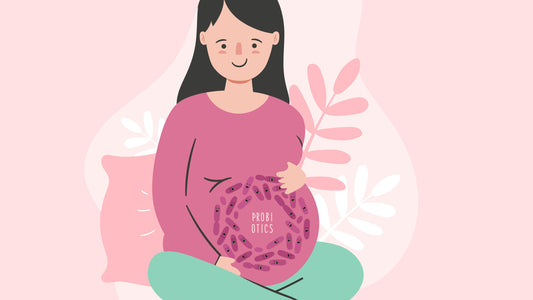Vaginal Tightening Aftercare
The need to restore our body’s natural balance and the pride we feel in ourselves is a highly intimate matter, and not uncommon. Studies showed a 30% increase in women under the age of 50 who sought vaginal tightening treatments.
However, maintaining the overall health of your vagina doesn’t just stop after the treatment. In fact, most of the efforts in vaginal reconstruction or rejuvenation can go a long way in improving the appearance and functionality of our lady parts.
Here’s what you need to know about vaginal tightening and aftercare.
Stressing the need for vaginal tightening aftercare
Vaginal tightening treatments are suitable for all women, including:
-
Mothers after childbirth, who experience vaginal laxity, loss of bladder control or incontinence, a weakened pelvis; and
-
Perimenopausal / menopausal / post-menopausal women, who experience vaginal dryness, loose or excess labial skin.

Just like in workout routines, weekly facials or body contouring treatments, we feel good about ourselves when our body feels good, too.
With vaginal tightening treatments, you can expect an enhancement to your physical, mental and emotional health as well. It benefits your body to ensure it is at its optimal health for you to continue enjoying your day-to-day activities.
Having a proper aftercare routine after the treatment can help maintain these benefits for you, as well as:
-
Provide the best results for you in the shortest possible amount of time
-
Helps to minimise the risks of vaginal rejuvenation or tightening, such as infection, chronic pain, or in severe cases, a permanent loss of sensation.
-
Significant improvements in appearance, functionality and better bladder control.
Vaginal tightening aftercare tips
The first thing to remember about taking care of your lady parts after a total rejuvenation treatment is to go slow. Your body takes time to heal, so it is important to go at a pace that you’re comfortable with.
Here are some aftercare tips to help you get started:
Get plenty of rest
Sleep has been proven in many studies to help with muscle repairs and recovery in the body. It goes without saying that the vagina is largely made up of muscle tissues. By getting ample rest, you should find yourself up and kicking again in no time.
Try not to engage in heavy labor work or strenuous activities that may strain your pelvis or affect the vaginal area, such as running, jumping or horseback riding.
Refrain from sexual intercourse
The vagina consists of muscle fibres lined with a mucosal membrane, just like how the insides of your mouth feels. As with any orifice on the body, it can loosen over time or with age. Vaginal tightening treatments help improve this tightness in your vaginal walls, which heightens the sexual experience.
Not to mention, for the most part of our younger days, our vaginal wall snaps right back up quite easily and without external help. The elastic fibers in the vaginal wall are able to do this with the high amount of collagen and elastin that our body produces at a young age, however this can be a little different once you get older.
While you can resume your daily activities immediately after the treatment, you might want to refrain from engaging in sexual intercourse until days after. Allow for your body to recuperate and heal after the treatment. If you’re feeling frisky, take this opportunity to engage in foreplay and build the tension organically - with sexual intercourse as a reward (after a few weeks).

Maintain good hygiene
Proper hygiene for our vaginas doesn't involve soap, contrary to popular belief. Scented or antibacterial soaps may serve the rest of our body parts well, but it can do quite the opposite for sensitive areas by affecting the vaginal pH levels and cause an imbalance in healthy bacteria that is needed for a healthy vagina.
Instead, make sure you wash it with warm water. Unscented soaps can be used in the external area, such as around the vulva.
Plan your ideal aftercare regime
Your doctor not only guides you through the preparation for your treatment - they are also available to help answer any questions you may have regarding aftercare.
They should be qualified and certified professionals who can understand the various needs of individuals and make recommendations for your aftercare regime that is suited to your body’s needs.
No hot tubs, baths or swimming pools
Especially so after treatment, do avoid baths, swimming pools or hot tubs while your body is still healing. This can cause a disruption to your vagina’s recovery and delay results or its restoration by weeks.
Experts suggest diving back into your usual hot bath or swimming routine after 8 weeks post-operation, or as suggested by your surgeon or gynaecologist.













